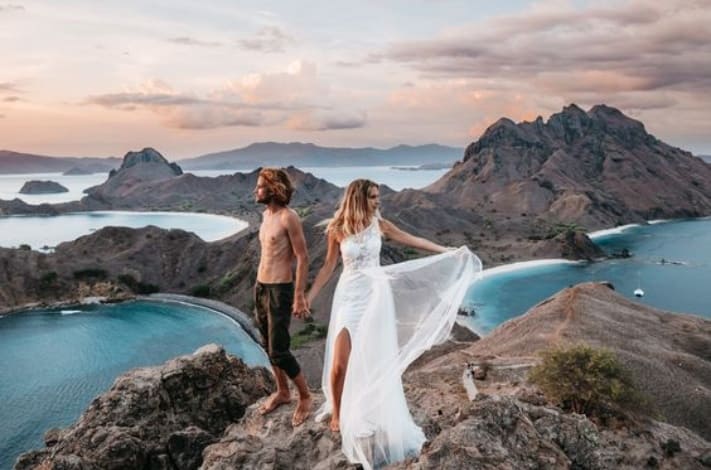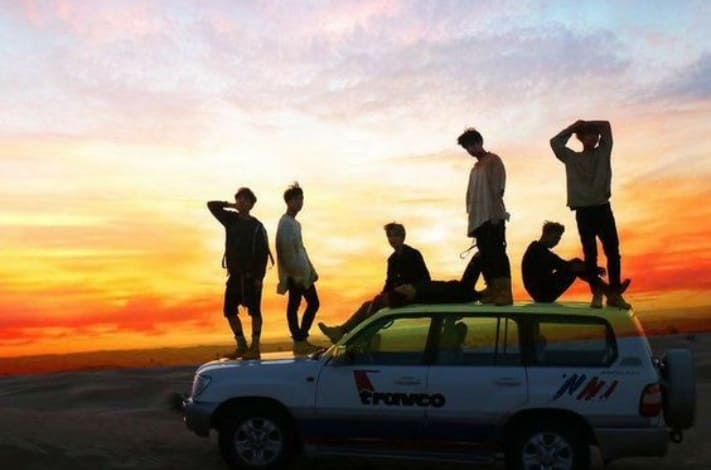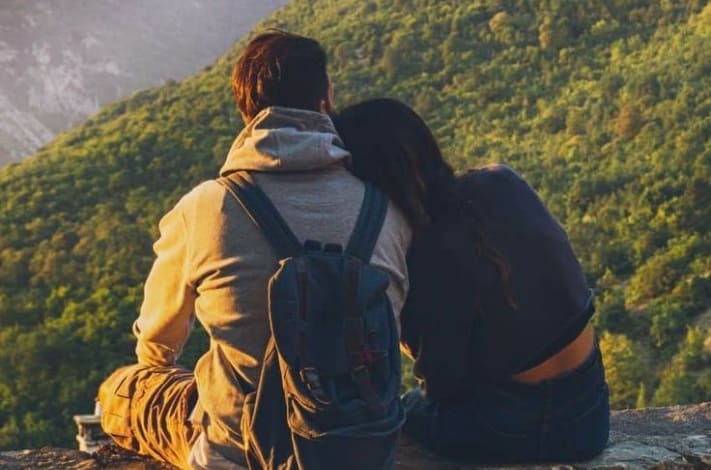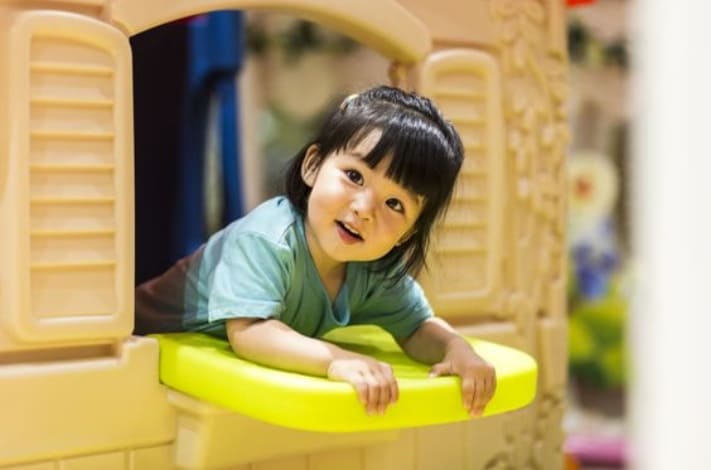In Indonesia’s 17,000 islands, there’s more than just breathtaking scenery. With over 300 ethnic groups, Indonesia has a wealth of diverse cultures. Such diversity is reflected vividly in Indonesian weddings celebrating a fantastic blend of rituals and traditions.
Weddings in Indonesia are an experience like no other, especially for expatriates. They allow you to witness diverse customs, taste the flavors of local cuisines, and experience Indonesian hospitality.
In this article, you’ll find a brief overview of 12 of the most captivating weddings in Indonesia. So, keep scrolling.
1. Javanese Weddings
As the largest ethnic group in Indonesia, Javanese people are over 100 million. In Javanese weddings, the groom wears a “Beskap” while the bride wears a “Kebaya” dress.
Some Javanese customs include:
- Seserahan: The two families exchange gift boxes, symbolizing respect and gratitude. These boxes often contain clothing, jewelry, household goods, sweets, etc.
- Siraman: A ritual bath that represents purification and blessings for marriage.
- Akad Nikah: The Islamic marriage contract ceremony where the bride and groom consent to the marriage in the presence of witnesses and a religious official.
2. Sundanese Weddings
The Sundanese people mostly live in the western part of Java Island. Besides the previously mentioned Seserahan and Siraman, their weddings include rituals such as:
- Pengajian: Worship ceremonies.
- Nincak Endog: Stepping on eggs.
- Meuleum Harupat: Burning seven sticks.
- Meupeuskeun Kendi: Breaking a jug.
- Sawer: Offering coins and yellow rice.
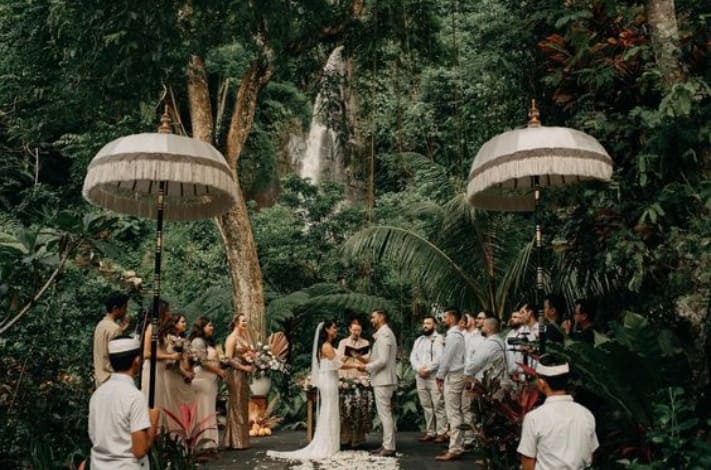
Image source: Pinterest
3. Balinese Weddings
Presenting ancient customs with a modern twist, Balinese weddings are delightful to attend. Their traditions include:
- Mekala-Kalaan: A purification bathing ritual.
- Sanggah Kemulan: It’s a shrine found in traditional Balinese homes where the bride and groom seek blessings from their ancestors.
- Pawiwahan: The presentation of offerings to symbolize the official union of the couple with God’s blessings.
4. Betawi Weddings
Indigenous to Jakarta, the Betawi people have a rich culture with Malay, Javanese, Sundanese, and Chinese influences. In general, Betawi weddings consist of a sequence of ceremonial events.
At the beginning, there’s an introduction performed by a matchmaker known as Mak Comblang. Following that, the wedding continues with rituals such as the proposal, the Siraman, and cutting a “cantung.”
5. Batak Weddings
Native to the ethnic group of North Sumatra, Batak weddings have rich traditions and cultural significance. Typically, Batak weddings involve multiple ceremonies and rituals that can last several days.
Primarily, Batak marriages hold sacred values, as they require mutual sacrifice between the two families. To symbolize such a strong bond, the groom’s family slaughters an animal (a buffalo or cow).
6. Sasak Weddings
The people of Lombok celebrate their marriages with a blend of Islamic culture and Sasak traditions. Two of the most interesting rituals in Sasak weddings are:
- Merariq: Such a bizarre tradition happens with the groom kidnapping the bride at night to prove responsibility and courage.
- Nyongkolan: A traditional wedding procession ceremony done after the kidnapping that celebrates the bride’s return home. During this procession, participants walk from the groom’s house to the bride’s in vibrant attire, accompanied by music.
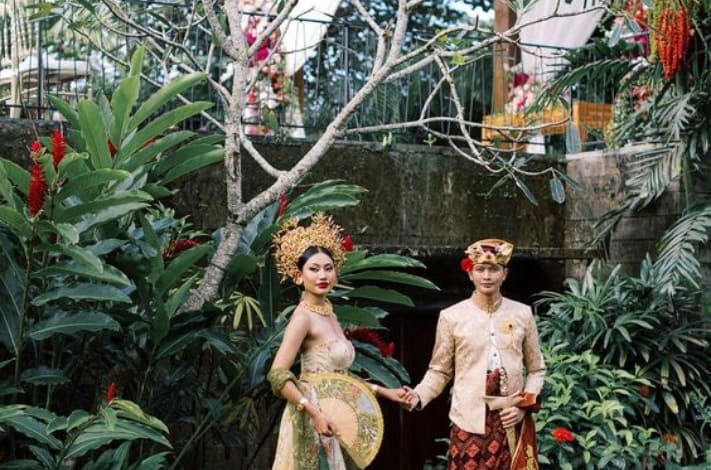
Image source: Pinterest
7. Manggarai weddings
The Manggarai weddings are ceremonies belonging to an ethnic group that inhabits the western part of Flores Island. The residents of this island also have a rich culture. Take a look at a few of their marriage rituals.
- Tukar Kila: A pre-matrimonial ceremony that involves the exchange of woven textiles between the two families.
- Wagal: It’s where relatives gather funds to present to the father of the bride. Such a ceremony encourages the spirit of unity and shared responsibility within the family.
- Banaring Lembak: Celebrated by the erection of a bamboo pole, this ritual signifies the union of the couple.
8. Torajan Weddings
Torajan wedding traditions feature elaborate ceremonies with ritual sacrifices and symbolic gestures. During these celebrations, guests and families wear traditional attire, with hospitality taking center stage.
In Torajan culture, the wedding ends with a Mappacci. It’s a ritual where the bride’s family expresses love and well wishes to her in a moment full of emotions. Such a moment symbolizes the transition from the birth family to the new one.
9. Madurese Weddings
Madurese weddings are traditional ceremonies performed by the ethnic group of Madura Island. They’re rich in rituals that reflect the cultural heritage of the Madurese people.
After the wedding procession, the groom passes through stages called “mengghar bha la bhar.” During such a ritual, the groom reads ancient Madura poetry, fights the bride’s envoys, and beats them.
Once he gets through the door, he meets the bride and breaks eggs in a ritual known as “Nincak Endog.”
10. Bugis weddings
Bugis weddings are famous for their intricate traditions. Before officially tying the knot, the bride and groom must go through several ceremonies, which take a lot of time to prepare.
Throughout the wedding processions, guests wear traditional Bugis attire in various colors. This includes Jas Tutu’, Songko’, and Sarung Sutra for men. As for women, they wear Baju Bodo.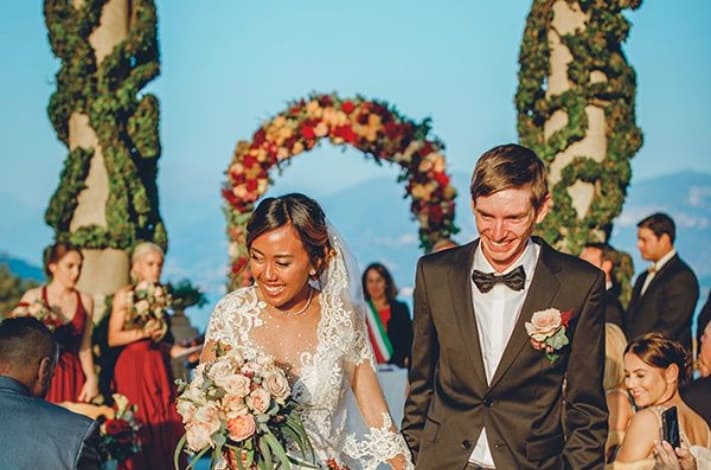
Image source: Pinterest
11. Malay Weddings
Malay weddings mostly feature Islamic-influenced ceremonies. Yet, they can be a lot of fun as well. One of the most interesting traditions is Gatecrash (or Hadang). It’s where the groom faces challenges set by the bride’s family before seeing the bride for the first time.
12. Minangkabau Weddings
Weddings in Minangkabau Highlands culture hold great significance. Typically, the celebrations continue for two weeks with elaborate ceremonies that involve intricate costumes.
Surprisingly, Minangkabau individuals who choose to conduct their wedding in another religion (other than Islam) lose their Muslim status.
Conclusion
Weddings in Indonesia aren’t merely simple. They’re celebrations of diverse cultures, from Javanese and Sundanese to Malay and Minangkabau. Each of these gorgeous weddings showcases one-of-a-kind traditions and rituals.
So, if you’ve ever gotten the chance to attend an Indonesian wedding, try not to miss it. It’s an enriching experience that can immerse you in the depths of Indonesian heritage and hospitality.
